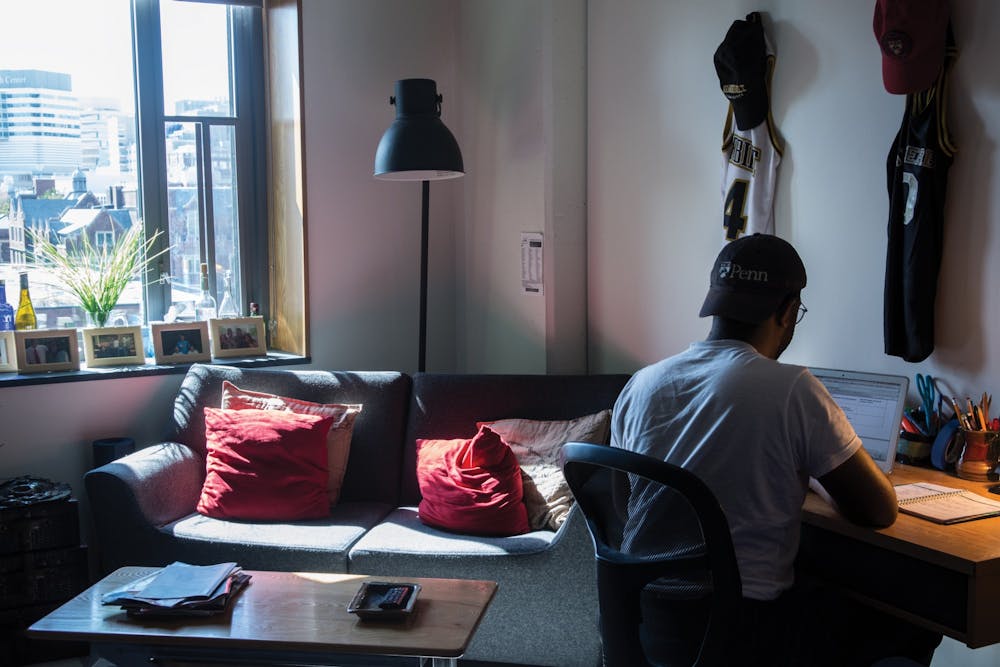At Penn, we are constantly surrounded by people. During class, after class, and even in the dormitory depending on one’s living situation, students are constantly engaging with others and have little time for themselves. With Penn being the social Ivy, being social is often expected of students. The thought of going to a dining hall alone is petrifying, and the thought of spending a significant amount of time by oneself is perceived as odd. Rather than constantly feeling the need to be surrounded by people, Penn students ought to spend more time alone. If spent correctly, time alone can beneficial.
First, solitude helps you grasp a better understanding of yourself as a person. In 2017, psychotherapist Amy Morin conducted research on solitude and highlighted an increase in creativity and productivity. At Penn, we spend much of our time attempting to understand the actions, motivations, and traits of others. While this is beneficial, we should also focus on understanding and prioritizing the relationship with ourselves. Listen to your needs, and understand when it is time to take a step back and pull away from the dynamic social scene at Penn. Doing so can help you understand your individual strengths and weaknesses and will allow you to know yourself as a person.
Furthermore, solitude facilitates both reflection and exploration. From sitting alone at one of the dining halls or at Starbucks, to taking a long walk by oneself, students are able to reflect more on their lives and also think about the future. Penn, being such a pre-professional environment, is extremely fast-paced. It seems as if students are constantly in motion, thus making it even more essential to take a step back and reflect on where you are and where you are going.
By spending time alone, students also learn how to trust themselves. In other words, they become less doubtful and more confident. When we are constantly surrounded by people, we tend to ask others about decisions. However, when alone, the only person you can really talk to is yourself. Over time, you learn how to think on your own and rely more heavily on yourself. When was the last time you truly stopped, took a deep breath, and reflected on your life?
Not spending enough time alone and spending too much time with others is also very harmful to our well-being. Individuals who don’t know how to truly spend time alone end up throwing themselves into unhealthy relationships or relying heavily on other people. Many of us have witnessed the unhealthy dynamic duo friendships or the extremely close sibling relationships. Within these relationships, the individuals tend to define themselves in correspondence with that other individual. Often times, people describe their best friend or significant other as their other half.
However, in looking for “the other half” or friends to complete them, they then perceive themselves as incomplete, as if they need someone to complete their life. Instead, students should change their mindset and look for others who will not complete, but rather add to their lives.
Yes, humans are social beings. However, constantly feeling the need to be with people is unhealthy and not conducive to one’s personal growth. You don’t need that friend to go with you to the dining hall; you can go alone. And you don’t need that friend to accompany you to the gym or on a walk; you can go alone. Although it may seem strange, ask yourself if you trust yourself. Do you have your own back as much as you have your closest friend's? If not, learn to appreciate solitude because in doing so, you will learn to appreciate yourself more.

SEE MORE FROM EMILIA ONUONGA:
EMILIA ONUONGA is a College freshman from Middletown, Del. studying Philosophy, Politics, and Economics. Her email address is eonuonga@sas.upenn.edu









